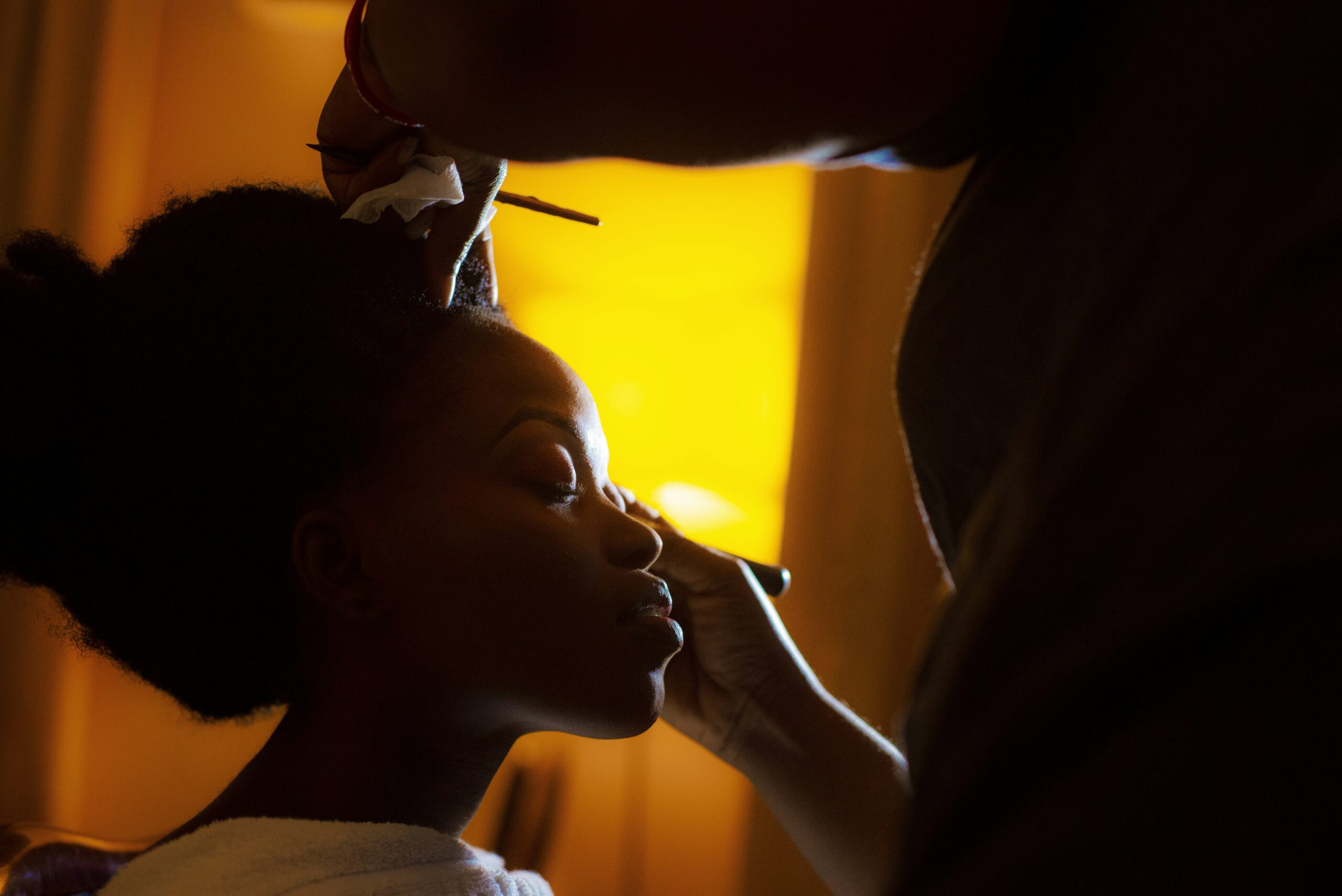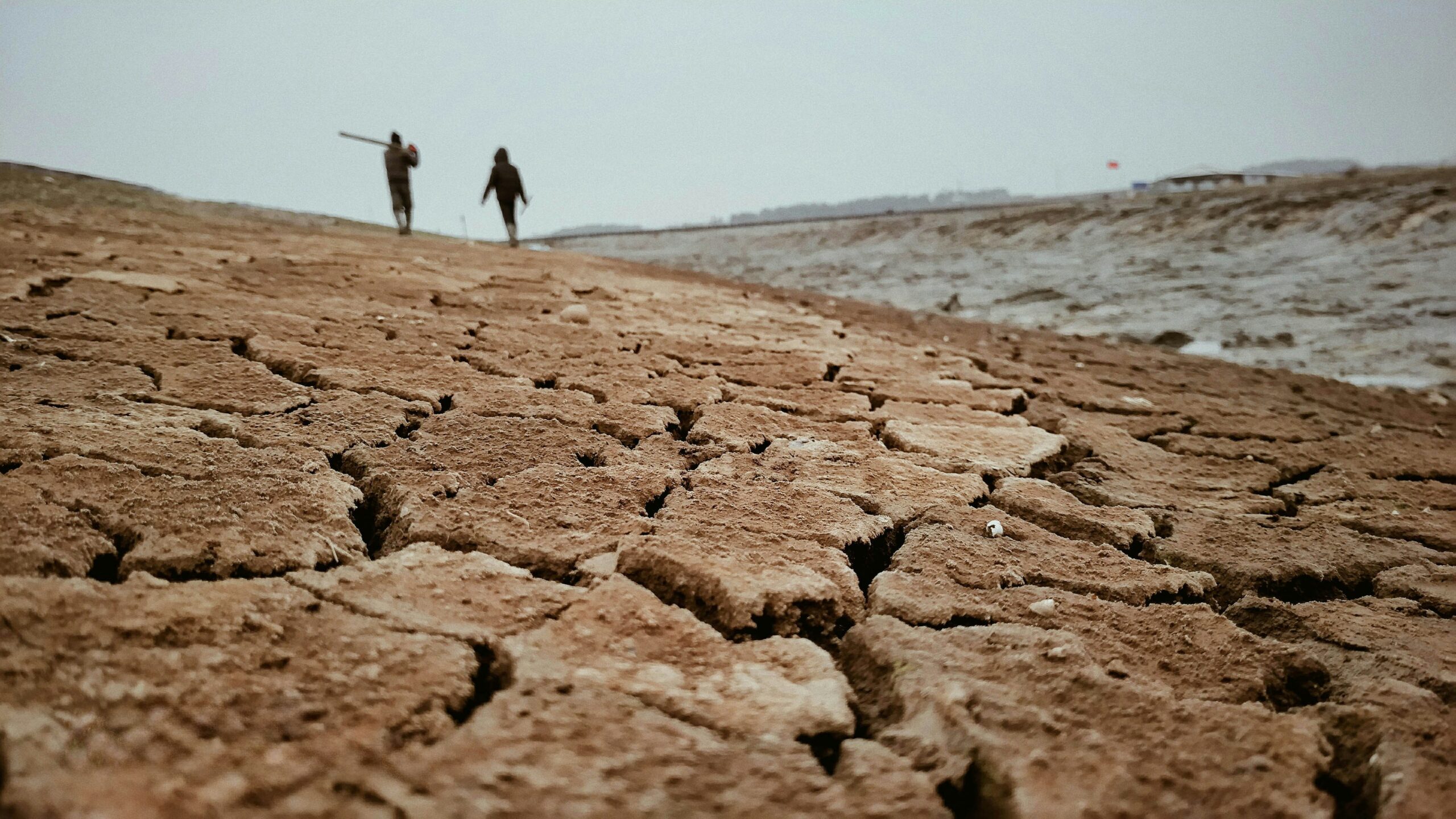
In Nigeria, a country once at the epicenter of global polio transmission, the fight against this crippling disease is being led by an unlikely but formidable force: local women. As of 2020, Nigeria was declared free of wild poliovirus. However, the battle continues against vaccine-derived strains, which pose a risk to under-immunized communities.
Key Facts
- Nigeria was declared free of the wild poliovirus in 2020 by the World Health Organization (WHO).
- Despite this achievement, the country faces outbreaks of a vaccine-derived strain of the virus.
- Female vaccinators are crucial in accessing conservative or remote areas where male health workers are often not allowed.
Women on the Front Lines
At the heart of Nigeria’s polio eradication efforts are women like Eucharia Joseph, a 29-year-old vaccinator from Abuja. Each day, she navigates through challenging terrains with a cooler box filled with polio vaccines, aiming to protect hundreds of children by nightfall. Her dedication is a testament to the crucial role women play in this public health crusade, especially in areas where cultural norms restrict male health workers’ access to households.
Female health workers face significant challenges, from navigating conflict-affected areas to combating deep-seated vaccine misinformation. Misbeliefs, fueled by rumors and sometimes propagated by religious or rebel groups, claim that vaccines cause infertility or are part of a foreign agenda to harm the population. These challenges are particularly acute in northern Nigeria, where insurgencies add a layer of complexity to public health efforts.
Community Trust and Innovation
Building trust within these communities involves persistent and patient public health education, led by women who negotiate cultural and safety barriers to reach children. Innovations such as Geographic Information System (GIS) mapping and mobile health units play a supportive role, but the human element remains irreplaceable. Women like Aishatu, a health worker in Borno State, dedicate themselves to door-to-door campaigns, often doing so at great personal risk and little financial reward.
These vaccinators not only protect health but also empower themselves economically. Many use their modest earnings to fund small businesses, thereby enhancing their families’ livelihoods and contributing to their communities’ economic stability.
A Global Model with Challenges
The Nigerian approach offers valuable lessons for global health governance, particularly in how to engage with and mobilize community resources in conservative or conflict-affected areas. The infrastructure built for polio eradication is now supporting broader healthcare initiatives, including maternal health and emergency responses to other outbreaks like cholera and COVID-19.
However, significant hurdles remain. The persistent threat of vaccine-derived poliovirus underscores the need for continued vigilance and sustained immunization efforts. Female health workers are pivotal in this ongoing fight, not just for Nigeria but for the global eradication of polio.
The dedication of these women, who serve both as healthcare providers and community leaders, exemplifies a powerful model of grassroots health intervention that could inform similar efforts worldwide.


